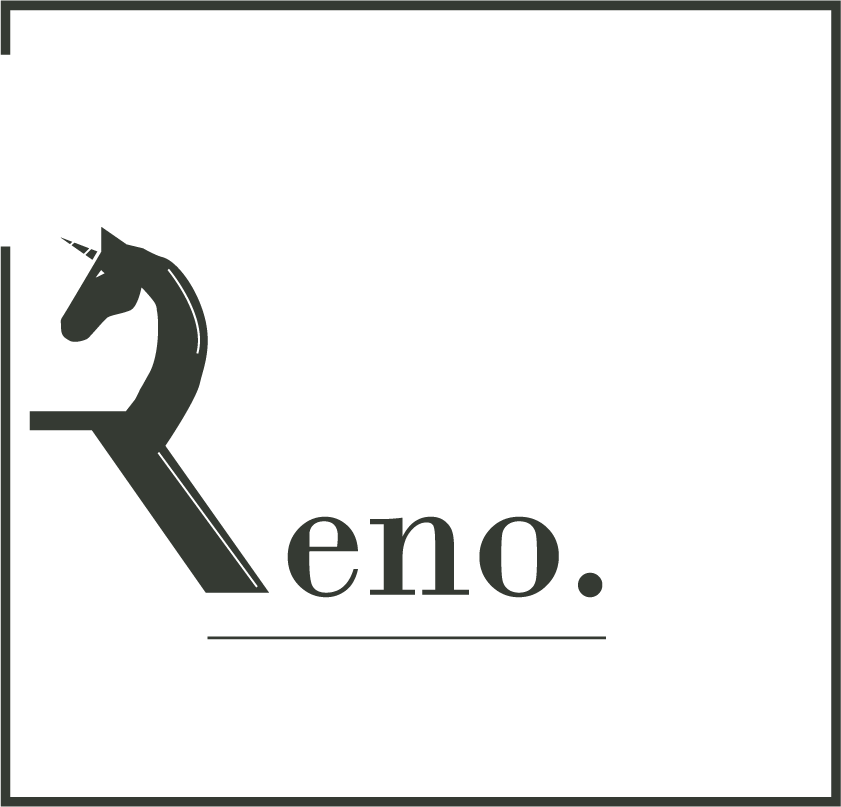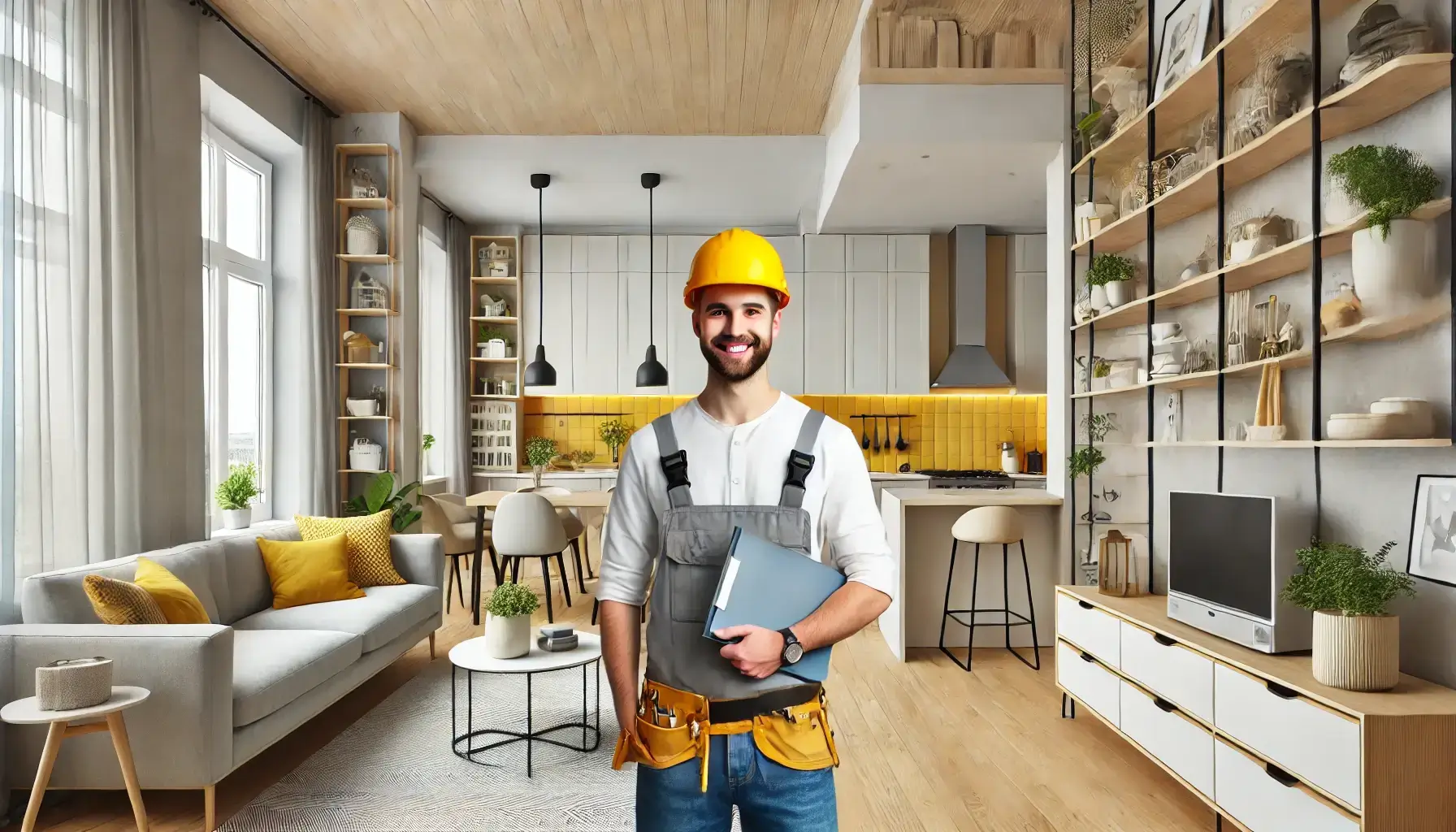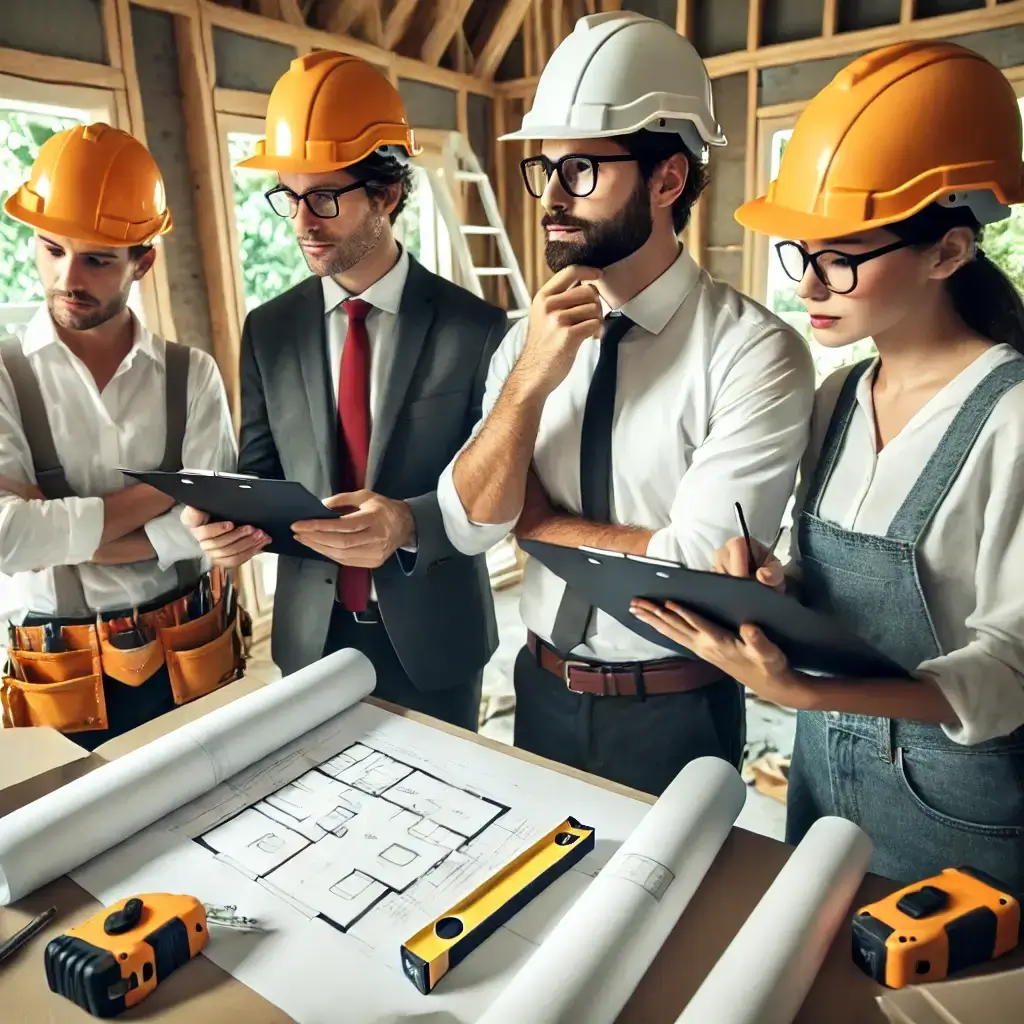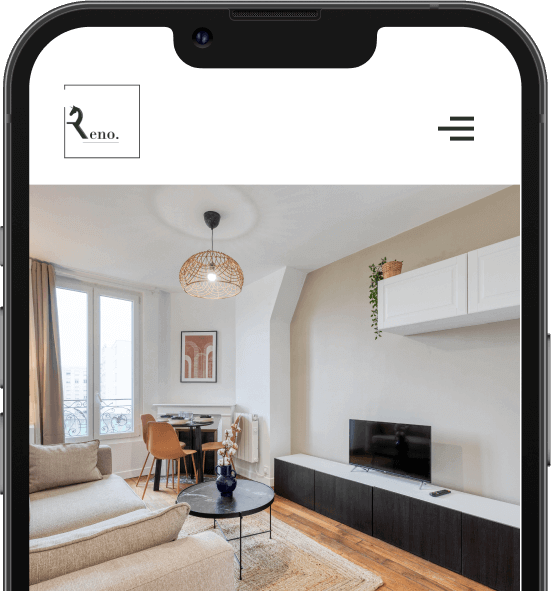A house in poor condition generally consumes more energy than a building constructed or renovated according to standards due to the difference in the quality of materials and appliances used. There are numerous ways to optimize energy performance (and therefore the bill) in the long term, provided you allocate the necessary budget. When it comes to renovation, one should not consider expenditures as expenses, but rather as investments. Indeed, with good energy optimization, you will significantly reduce your consumption. It is also possible to generate additional income from certain installations.
If you are one of those who consume more energy than necessary, it is time to save. In this article, you will discover the best ways to optimize your energy bill and thus lighten your expenses. Tips related to thermal renovation will also be addressed, not forgetting the main energy providers offering their products and services in France.
Optimizing insulation
Poor insulation in the home or building is one of the factors contributing to the increase in the energy bill. On the other hand, good insulation not only maintains the interior comfort of the house but also saves money on your monthly bills. Indeed, before installing a heating system, you must ensure that there are no insulation issues.
Insulating the attic
Insulating the attic offers many advantages. About 30% of the heat in a house escapes through the roof as it tends to rise. Also, good insulation at this part will reduce the electricity bill by a third. Under these conditions, you can even reduce the consumption of renewable energy used in your heating system. The temperature will be constant in your house, electricity consumption considerably reduced, and the accommodation comfortably warmed.
Insulating lost attics is the easiest since it only requires putting glass wool in them. If you plan to convert this part, include in your project the insulation of the roof from the inside. You should budget an average of 7 euros per square meter to install the necessary insulation. You will finally benefit from another well-insulated living space for your household. Since 2013, every building in France must comply with a maximum primary energy use of 50 kWh/m² per year.
Insulating walls and windows
In addition to thermal losses from attics, 25% of heat loss in a house or building also occurs through walls. As for windows, they account for 13%, especially when poorly insulated. Consequently, poor insulation of these two parts alone represents 38% of thermal loss. The energy consumed to compensate for this loss can be quite significant for your bill. To reduce expenses, proceed with the insulation of walls and windows.
Modifying works for the insulation of these parts can be offset by various public and private aids. A grant or a reduction in taxes may be granted by organizations working in the context of energy improvement. According to ADEME (Agency for the Environment and Energy Management), external wall insulation is the solution to be considered as a priority. This approach will prevent thermal bridging phenomena while protecting the construction from climate hazards. For external insulation, you should budget 53 euros per square meter.
Insulating the ground floor
Regarding floor insulation, work must go through floors, basements, garages, and crawl spaces. The objective is to put insulation between a heated space and an unheated one. This will allow the house to benefit from excellent energy optimization.
In France, especially in Paris, the cost of floor insulation ranges from 20 to 50 euros per square meter. Labor, installation, and chosen materials are included in these rates. By insulating the floor, electricity expenses will decrease significantly. As for energy renovation proper, the simplest way is to install insulating panels under the floor to avoid hitting or destroying them easily. Thus, for multi-story houses, insulating the floor also involves insulating the ceiling of the floor below.
Roof Insulation
The roof is the vulnerable point of the house, and this holds true throughout all seasons. Its exterior insulation, although effective, is rarely used in France. However, this approach is ideal if your roof is aging since the process requires its removal. This method also allows for more usable space under the roof. It's one of the actions to promote to minimize bills related to heating equipment that requires electricity. Using this type of insulation in France, especially in metropolitan areas like Paris, is advisable. Several aids have been put in place by various organizations to lighten the financial burden associated with this type of renovation. The savings you can make after the work will be considerable and can accumulate over the long term.
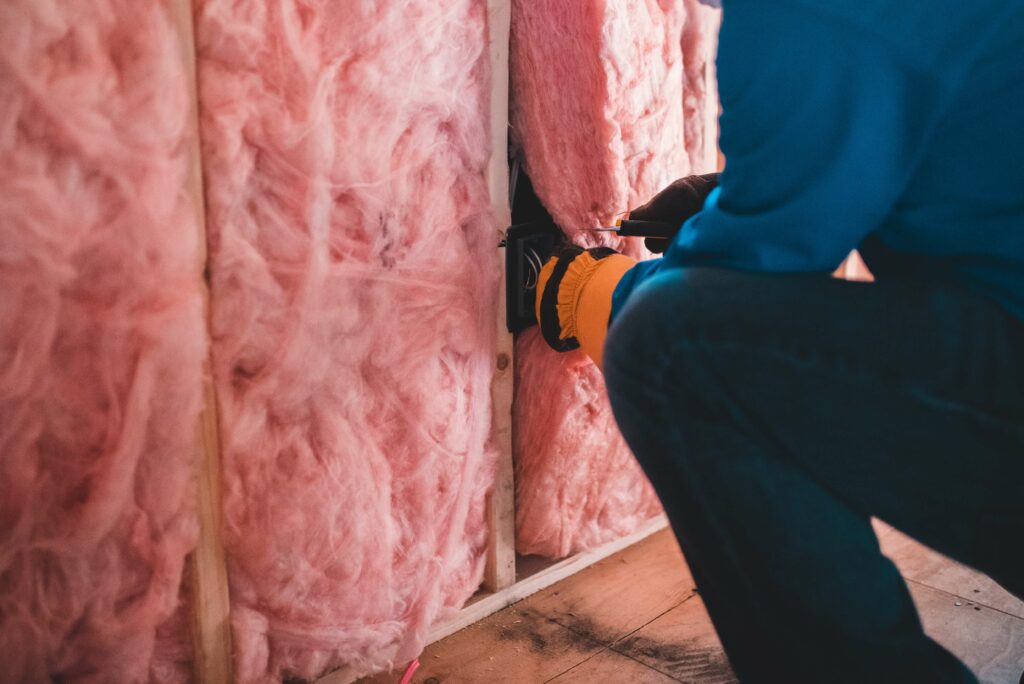
You're just a few clicks away from renovating your home.
Choosing the Right Heating System to Optimize Your Bill
For French households using electrical appliances, the choice can make a difference in expenses. Consumption varies depending on the appliances used, hence the importance of opting for energy-efficient equipment.
Gas Condensing Boiler
You can get a gas condensing boiler for a very reasonable price and make savings on its usage. For example, you can achieve up to 25% savings on your energy bills. This type of device costs on average only 30% more than a conventional gas boiler, making it a good investment given its excellent value for money.
Many French households use gas to save on energy, consuming only what is necessary. With a condensing boiler, you can benefit from efficiency of up to 110%. It's important to note that there are financial aids available to reduce the cost of your investment. According to an expert's assessment, the power of a gas condensing boiler ranges from 5 to 25 kW, representing very reasonable consumption figures.
Oil Condensing Boiler
Condensing appliances are among the few systems that recycle vapor. The oil condensing boiler recovers part of the combustion smoke to convert it into energy. This system provides a gain of approximately 15 to 20%, which is greater than that achieved with a conventional boiler.
In France, a study of energy consumption over 40 years was conducted. The assessment showed that on average, households use the energy gain to improve their heating comfort by increasing the temperature. Therefore, if you want a good return on investment using an oil condensing boiler, do not increase the temperature.
Wood Boiler
The wood boiler is a clean and economical solution as it consumes very little energy. For average use, its energy efficiency is around 70%, and can even reach up to 105% with the most efficient models. With this percentage, the wood boiler is one of the most profitable hot water and heating production devices. By using this system, you can benefit from several incentives offered to promote ecological installations. This can include tax reductions or subsidies.
To ensure the efficiency of the device, you should carry out two chimney cleanings and one maintenance of the entire installation per year. Also, every two years, have a professional examine the entire system. This way, you can enjoy an ecological, clean, durable, and economical installation.
Solar water heaters
Renewable energies are sustainable and economical solutions for energy consumption in a French household. Using a solar thermal panel for hot water production can meet nearly 70% of the needs of an average household. It's an inexhaustible energy source and can even generate income if you produce more than you consume. You can thus make considerable savings on your bill without resorting to standard fossil fuels.
Expert advice aims to promote the use of renewable energies to save on energy bills for each household. It's an eco-responsible approach for the benefit of the environment. Several organizations offer grants to help households with energy renovations, especially those based on solar installations. This allows beneficiaries to reduce their expenses related to carrying out the work.
Electric Boiler
Among all bills, the electricity bill is often the most dreaded. Although less expensive to purchase, electric heating is very energy-intensive. However, by choosing a low-temperature model, you can achieve a 15% savings on your bill, which would not be the case with other models. However, you should check if your radiator is also low-temperature to benefit from this saving.
Furthermore, apart from a more affordable purchase price, the electric boiler poses no risk because it is equipped with various safety devices. It's also easy to install and requires no special maintenance.
Choosing Your Energy Supplier to Reduce Your Bill
Currently, there are numerous energy suppliers in France. Since 2007, residents have been able to subscribe to contracts with local distributors free of charge. When moving into a new home, you must choose your energy supplier to find the most economical offer.
Generally, the process of changing suppliers in France is not complicated, also allowing you to minimize your expenses. You can cancel your subscription and opt for a more economical offer based on your daily usage. Currently, you can subscribe to companies offering prices corresponding to those practiced in the market, such as Enercoop, Engie, or ENI (Ente nazionale idrocarburi).
Regarding prices, Engie offers an annual subscription of €128/year with €0.157/kWh. Total, on the other hand, offers an annual price of €119.76 with €0.146/kWh. Mint Énergie Classic & Green and Happ-e offer roughly the same rates as Total. ENI offers a subscription price of €132/year with €0.151/kWh. These data help you choose the right suppliers. You can then assess your usage and calculate your expenses. In addition to these distributors, you can opt for more eco-friendly solutions, such as using solar panels.
Optimizing the Bill by Changing Habits
To reduce your energy bill in France, here are some daily habits to apply in the use of your equipment.
You can turn off standby modes, which account for 10% of your bill excluding heating. This allows you to save considerably in the long term. For example, unplug audiovisual and computer equipment as well as household appliances since they are not needed in standby mode.
LED bulbs generally consume less than halogen lamps. It would therefore be wiser to opt for the less energy-intensive ones. LED lamps are the best sources of lighting as they play on shades. For example, you can choose warm whites at 2,700 kelvins for bedrooms or the living room and adopt brighter lights for other rooms.
Turning off lights that are not in use is also a good gesture to reduce consumption. Place furniture near windows to make the most of natural light.
Eco programs on various household appliances also help save on energy expenses. For the washing machine or dishwasher, the washing time will be much longer due to the water temperature.
For any new purchase, you should check the energy label to know the appliance's rating. Differences in equipment represent 15 to 20% savings per class. Hence the importance of checking the labels carefully. Generally, classes range from A to G. A represents the best rating and G the worst.
